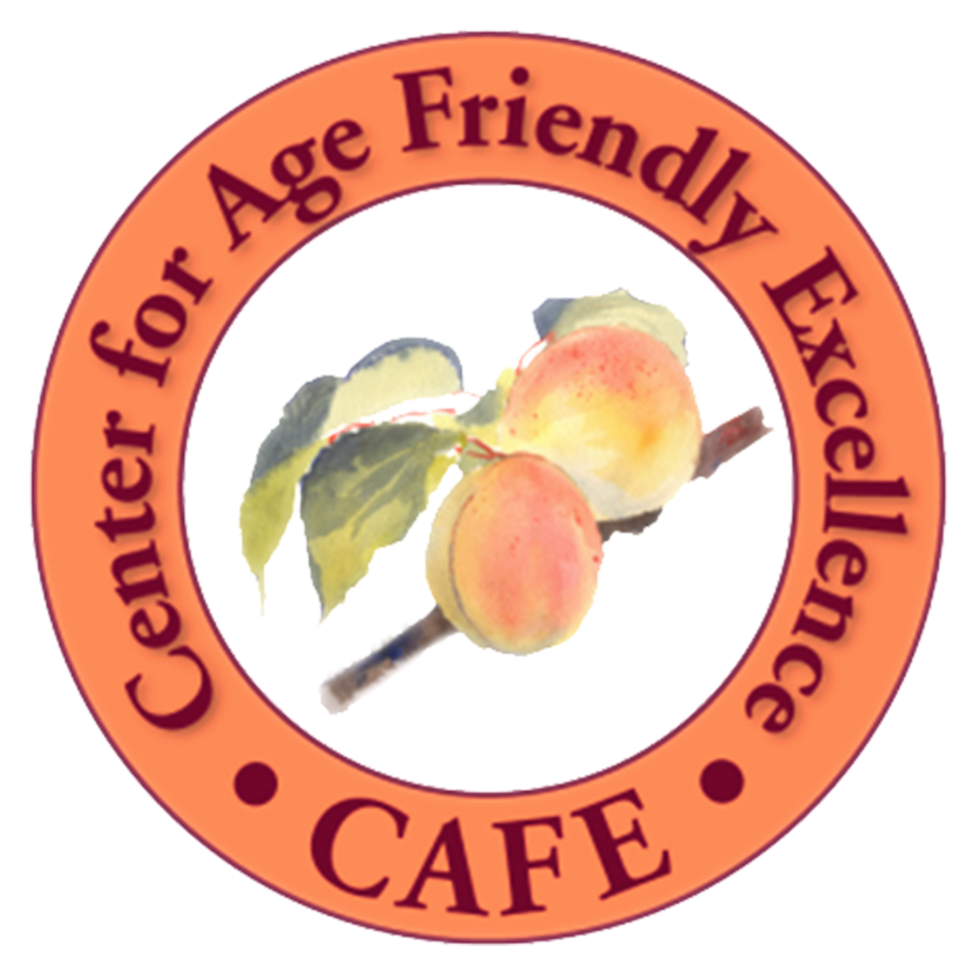Theory of Change
Conceptual Foundations
CAFE’s theory of change stands on the foundations of the social sciences and academic gerontology
Our overarching explanatory framework is The Ecological Model of Aging (Lawton & Nahemow, 1973. 1986, 2000), an integrative, person-environment (P-i) perspective.
In this model, the person has agency and possesses a complex of competencies, and resources. On the other side of the model, the external environment exerts stressors or press. This dynamic interplay evolves over time. This is “…A model based on the assumption that patterns of health and well-being are affected by a dynamic interplay among biologic, behavioral, and environmental factors, an interplay that unfolds throughout the life course of individuals, families, and communities…” (Satariano, 2006). This model has been one of the most important and influential in the social sciences and is utilized to better understand the micro, and macro experiences of aging.

As the individual ages, his/her resources and competencies change over time and will determine how well they adapt to higher or lower pressures of the environment.
Clearly, an environment that reduces stresses and pressures and supports active, engaged and meaningful aging promotes health and wellbeing throughout the life course. Safe, healthy, age-friendly environments encourage ease with the activities of daily living and enhance quality of life for all. Age-friendly cities are intergenerational cities. Communities need to work for everyone (Cvitkovich & Wister, 2002).
In our mission, CAFE utilizes a variety of theories, analytic frameworks and methods to inform our reasoning and analyses.
These include: cross-sectional designs, cohort analysis, a longitudinal and life course perspective, quantitative and qualitative methods, and micro and macro levels of analysis. Our technical assistance is evidence-based. We understand the powers of social interactionism, life course, political economy, feminist and social exchange theories (to name a few) to both explain and predict the phenomenon we are studying. We utilize applied social science as we offer our technical assistance and knowledge to improve outcomes for older adults and our communities. Values of economic and social justice, respect of diversity and inclusion, strength-based and healthy communities guide us. We work to advance age-friendly communities for all ages.

